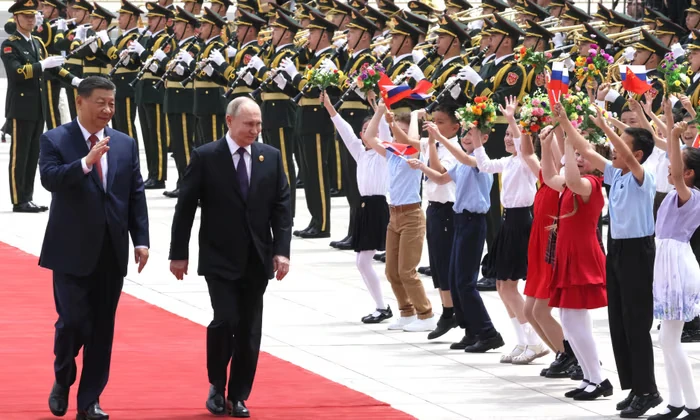Parliament was briefly suspended as people in the gallery joined in, and shouting drowned out others in the chamber.
Rulings by the courts and a separate Maori tribunal have progressively expanded Maori rights and privileges over the decades. However, some argue this has discriminated against non-Indigenous citizens.
The ACT New Zealand party, a junior partner in the ruling centre-right coalition government, last week unveiled a bill to enshrine a narrower interpretation of the Waitangi treaty in law.
As parliamentarians gathered for a preliminary vote on the bill on Thursday, Te Pati Maori MPs stood and began a haka, a traditional Maori dance made famous by New Zealand’s rugby team.
Parliament was briefly suspended as people in the gallery joined in, and shouting drowned out others in the chamber.
ACT New Zealand leader David Seymour said people who oppose the bill want to “stir up” fear and division. “My mission is to empower every person,” he added.
The controversial legislation, however, is seen by many Maori and their supporters as undermining the rights of the country’s Indigenous people, who make up around 20% of the population of 5.3 million.
Marching in protest
Hundreds have set out on a nine-day march, or hikoi, from New Zealand’s north to the national capital of Wellington in protest over the legislation, staging rallies in towns and cities as they move south.
They will arrive in Wellington next Tuesday where tens of thousands are expected to gather for a big rally.
Coalition partners the National Party and New Zealand First are only supporting the legislation through the first of three readings as part of the coalition agreement. Both parties have said they will not support it to become legislation, meaning it will almost certainly fail.










